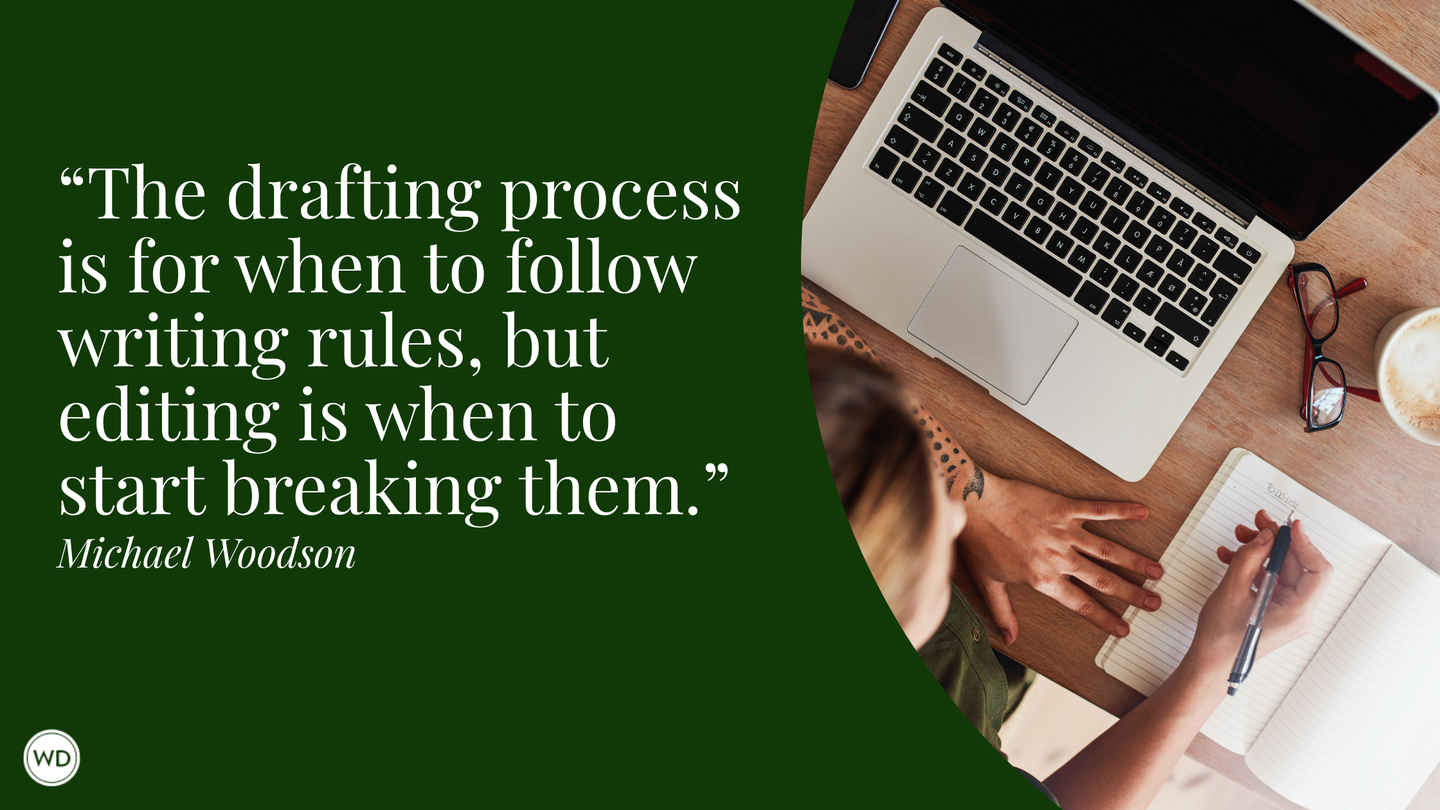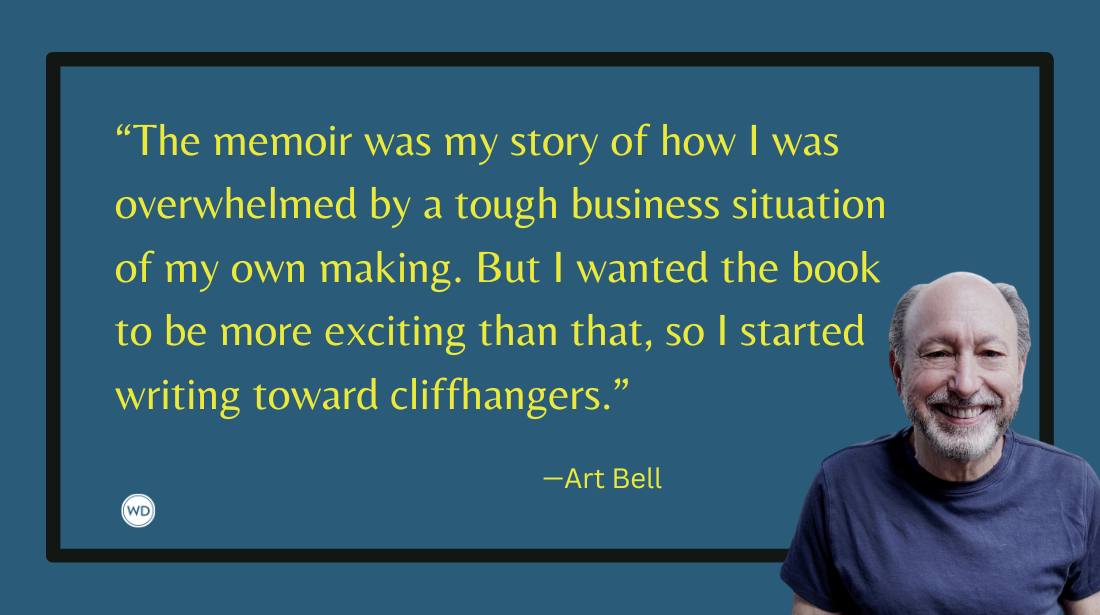Susan Verde: On Transitioning From Children’s Books to Books for Adults
Author Susan Verde discusses how the writing process was both similar and different from writing children’s books with her new memoir, Say One Kind Thing.
Susan Verde grew up in the heart of Greenwich Village in New York City. As a kid she kept a piece of chalk in her pocket (for spontaneous hopscotch) and her skate key around her neck, ready for the next adventure. She found inspiration everywhere and loved to write all about it!
She now lives by the sea in East Hampton, New York, where she writes books for readers of all ages, including the #1 New York Times bestselling I AM series, and teaches kids yoga and social-emotional awareness. Say One Kind Thing is her first book for adults. Find her on Twitter and Instagram.
In this post, Susan discusses how the writing process was both similar and different from writing children’s books with her new memoir, Say One Kind Thing, her hope for readers, and more!
Name: Susan Verde
Literary agent: Erica Rand Silverman at Stimola Literary Studio
Book title: Say One Kind Thing: Lessons in Acceptance, Love, and Letting Go
Publisher: Abrams Image
Release date: March 14, 2023
Genre/category: Memoir
Previous titles: Many children’s books, including the I AM series which have sold more than two million copies
Elevator pitch for the book: A personal reflection on Susan’s journey of quieting her inner critic and learning to speak to herself with kindness as she embraces the challenges of being a mother, a daughter, and a human in the world.
What prompted you to write this book?
As my “I Am” series of children’s books has been growing in audience and success, I began to toy with the idea of writing for adults. I had this desire to share parts of my own story and journey in a way I couldn’t with children.
Adults, particularly those who identify as women and mothers, tend not to talk to each other in a way that reveals their struggles and challenges and feelings of self-doubt. Yes, thankfully some of us have a core group of friends for support and commiseration, but some don’t, and I wanted to be a voice in the conversation, vulnerable and honest.
I didn’t want to tell anyone what they should do or create a how-to, self-help book, but I wanted people reading Say One Kind Thing to feel seen and not alone.
How long did it take to go from idea to publication? And did the idea change during the process?
From idea to publication was about three or four years. It all began as a conversation and I really had no idea how it would turn out. My initial intention was to write more of a gift book with affirmations and “I am” statements, similar to those in my children’s books.
But as I began writing, I found myself wanting to dig deeper and show that being kind to oneself is not just an affirmation on a Post-it note but a constant journey—a rewriting of one’s inner dialogue. The more I wrote, the more the story became a memoir full of essays about parenting, mental health, being a daughter, and what it is to be a human practicing loving oneself in the face of what the world can throw at you.
Were there any surprises or learning moments in the publishing process for this title?
I am definitely a newbie to the adult publishing world. But I am finding it is similar to the children’s book world in that there is a team behind the book and the various departments working on the aesthetics and content, and people are incredibly kind when I ask a lot of questions.
As we get closer to publication and promotion, everything will be different in that I will no longer have the security of speaking to kids in school and practicing yoga and mindfulness with them and making them laugh. It will be, at least initially, a bit more daunting to speak with adults.
But I remind myself that the conversations sparked by the book are what I wanted and I will lean into.
Were there any surprises in the writing process for this book?
This was a whole new arena for me. I remember when I got the book deal, I was thrilled and then, just as quickly, terrified. I thought to myself, Sh*t! Now I have to write the damn thing.
It felt like a much more solitary process than children’s writing. I had deadlines but really had to hold myself accountable. With picture books, there is always this feeling of constant collaboration. Lots of back and forth with editors, sneak peeks at sketches, and the knowing that everyone is in the same creative mode at the same time.
With Say One Kind Thing, it was me making myself work, and trying in the process not to judge my own writing. It was also a surprise how the book morphed from one iteration to another, and I found myself opening up in a new way. It was less structured than children’s books and very freeing, but also overwhelming at times.
What do you hope readers will get out of your book?
What I hope is that readers will see themselves in this book, that they will find moments of connection or feelings they can relate to and feel supported. I want readers to know that although being kind to yourself isn’t always easy and takes practice, it is possible. As I say in the introduction, there are no shoulds in this book and everyone’s struggle and trauma looks different, and their resources to take care of themselves are different, but they are not alone.
If you could share one piece of advice with other writers, what would it be?
As I am new to this genre, I am just learning myself and I have been fortunate to have friends who have been writing books for adults for many years and were there along the way. But if I have to give some advice to other writers, it would be to be easy on yourself in the process. Let the mistakes happen, let yourself permeate the pages, and remember that there is room for your story and your voice. Let it flow.
Robert Lee Brewer is Senior Editor of Writer's Digest, which includes managing the content on WritersDigest.com and programming virtual conferences. He's the author of 40 Plot Twist Prompts for Writers: Writing Ideas for Bending Stories in New Directions, The Complete Guide of Poetic Forms: 100+ Poetic Form Definitions and Examples for Poets, Poem-a-Day: 365 Poetry Writing Prompts for a Year of Poeming, and more. Also, he's the editor of Writer's Market, Poet's Market, and Guide to Literary Agents. Follow him on Twitter @robertleebrewer.








